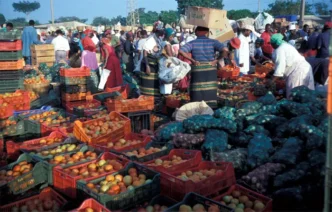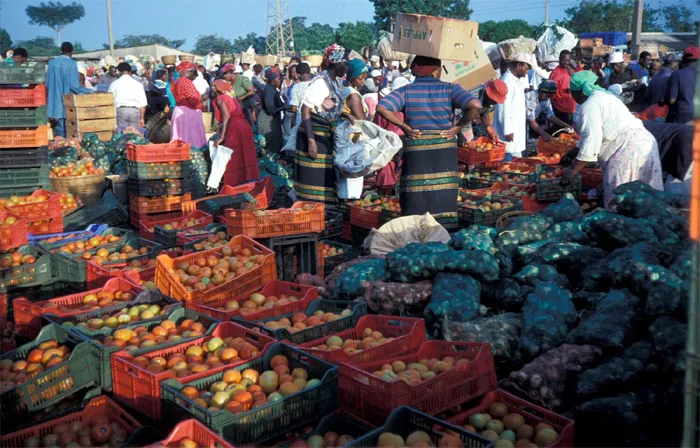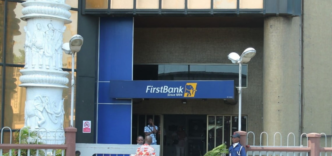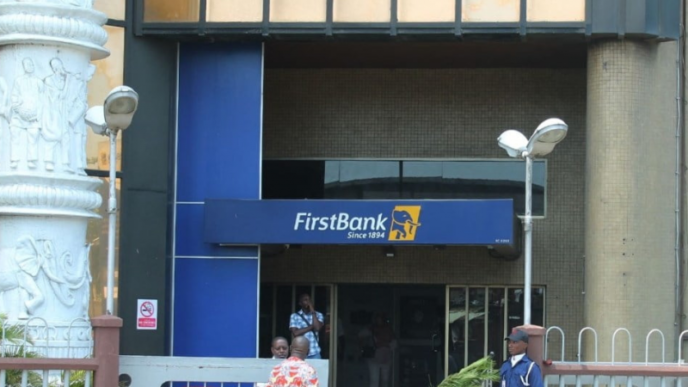Harare, Zimbabwe – As Zimbabwe grapples with the ongoing depreciation of its new currency, the ZiG, informal night markets are flourishing, offering a lifeline for struggling citizens and a stark contrast to the dwindling fortunes of traditional retail businesses.
The introduction of the ZiG in April, the country’s sixth currency since 2009, was met with fanfare, but its value has rapidly eroded, mirroring the fate of its predecessors. The widening gap between the official and black market exchange rates has severely impacted businesses, forcing many to operate at a loss.
Traditional retailers, burdened by rising energy costs, taxes, and the obligation to accept the ZiG at the artificially low official exchange rate, are struggling to compete. As a result, many are turning to informal markets, where prices are significantly lower and transactions often occur in US dollars, which remain widely accepted.
These informal markets, which operate under the cover of darkness to avoid regulatory scrutiny, offer a diverse range of goods, from groceries and electronics to clothing and even fresh produce.
“It’s my first time shopping here, and I’m already impressed,” says Batsirai Pabwe, a resident of Harare, who recently discovered the benefits of these night markets. “The prices are much lower than in the supermarkets.”
The situation highlights the growing reliance of Zimbabweans on the informal sector for their daily needs. With unemployment rampant and formal employment opportunities scarce, many are turning to informal trading as a means of survival.
The Rise of the Informal Sector
The informal sector, which employs over 80% of Zimbabwe’s workforce, is thriving amidst the economic turmoil. Street vendors, operating outside the constraints of formal regulations and the volatile local currency, are able to offer more competitive prices and attract a growing number of customers.
This shift away from formal retail channels has significant implications for the Zimbabwean economy. As traditional businesses struggle to survive, the country risks losing valuable tax revenue and hindering economic growth.
A Sign of Economic Distress
The emergence of these night markets serves as a stark reminder of the economic challenges facing Zimbabwe. The continued depreciation of the local currency, coupled with high inflation and limited employment opportunities, has forced many Zimbabweans to seek alternative means of survival.
As the country grapples with these economic headwinds, the role of the informal sector is likely to continue to grow, reflecting the resilience and adaptability of Zimbabweans in the face of adversity.
Read More:














